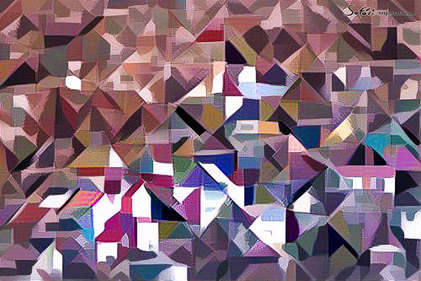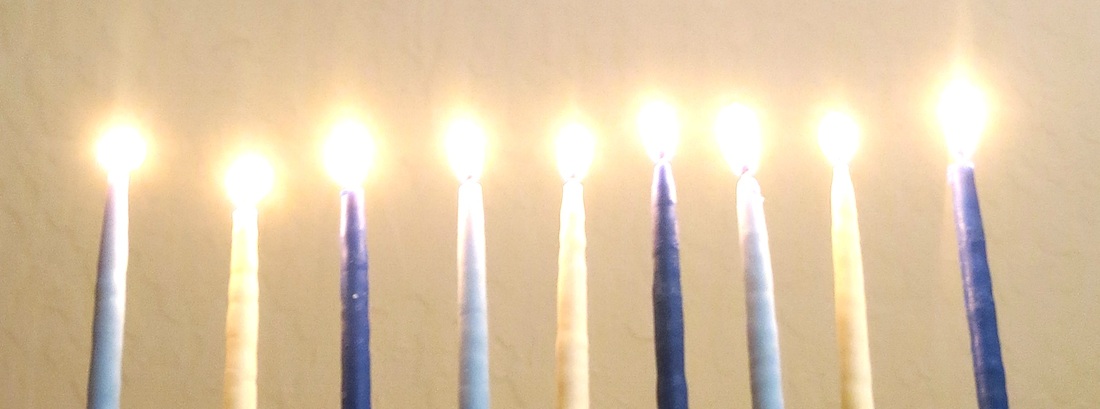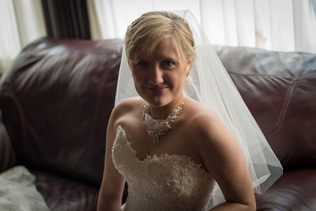They concluded that, yes, out of the 200 guests, there was one. That's 200 of the future-bride-and-groom's most important family, friends, parents' friends and clients, business partners, coworkers, schoolmates, and neighbors, and only one is black.
I know this is awkward to talk about, and it's not meant to shame anyone in my life; this post is more to observe the current composition of Buffalo. Large weddings are emblematic of our social networks, and our social networks say a lot about the opportunities we've had in life. Anyone who is realistic about the power of networking can affirm this -- that our opportunities sometimes come prepackaged based on who our family members and family friends are. Many of my former high school classmates got their first jobs out of college through networking, whether it was networking through their families or through the resources of their privately-funded education. (Somewhere, there's someone reading this with a mouth full of Cheetos snarling, "Yea, yea, and hard work apparently doesn't get credit anymore, does it?" Of course hard work matters, but it is not the secret sauce to success. I think the topic of privilege has been written about plenty and I don't need to weigh in more. This post is about opportunity, and that is a different mechanism altogether.)
Based on the last Census, Buffalo is the 6th most segregated metropolitan in the country. It is also an impoverished, high-crime city (with a lot to offer! Sorry, had to represent) because when it comes to mobility, people's opportunities are quite limited: one, to whether they can access jobs with mobility, and two, whether they have built relationships with people or institutions who have the power to connect them. And yet, even for people of color who have high incomes, studies have shown they typically still live in neighborhoods of lower income that are predominantly black. Many studies have concluded that this has to do with steering in the real estate market, and others argue that this is a choice to stay in neighborhoods where they don't have to live with racial tension. This isn't to say black communities don't have powerful networks of their own that continuously reach out and help each other, because they do; however, the majority of wealth in Buffalo is concentrated in white populations.
White suburbanites do not typically branch out of their networks to meet people in positions of less power, i.e. any people of color who are living in cyclical poverty, lest it's through charity work, which creates a large gap in their ability to cross-network and promote real diversity in our neighborhoods and workplaces. While white suburbanites are disposed to benevolence and charity, and absolutely full of a great amount of compassion and altruism, their position stops there; they don't step out of their own comfort zone and collaborate with groups that, only on the surface, don't share their problems. Further, when predominantly white organizations and nonprofits bring in "diversity" to their boards and committees-to-save-Buffalo, they look for straight-laced perspectives, people who will represent approval rather than challenge the status quo. This is not a state of progress.
This brings me to the Dunbar number. Robert Dunbar was an Oxford anthropologist and psychologist. He studied how the neocortex relates to the size of primate social groups, and then he moved his hypothesis to humans. He concluded that, judging on homo sapiens brain size, the number of people any person can reasonably fit in a "friend" group is 150 (this doesn't include acquaintances, or people whose names you know). He then studied this from a social level; he asked people to break down their Christmas card recipient list according to levels of closeness, such as family, close friends, neighbors, and work colleagues. That magic number - one hundred fifty - remained pronounced even through the experimental phase. It continues to be relevant, even in the age of social media.
So a wedding of 200 people can often represent the hierarchy of your Dunbar number - especially when you have to narrow down your guest list, you are etching away at that hierarchy to determine who you are closest to. This is an important statement of whom we have opened our hearts to, reached out to, or simply who we have been exposed to in our little bubble lives. It is a snapshot reflection of not only the opportunity that is available to us, but may not be available to others.
What does the Dunbar number tell you about opportunity? We all have a similar networking threshold but different access. It comes down to who is in that network. When people are unwilling to navigate from their circles, their comfort zones, and even their self interests, they turn a blind eye to people who are marginalized. To me, this is an opportunity missed; our city could thrive through collaboration.



 RSS Feed
RSS Feed